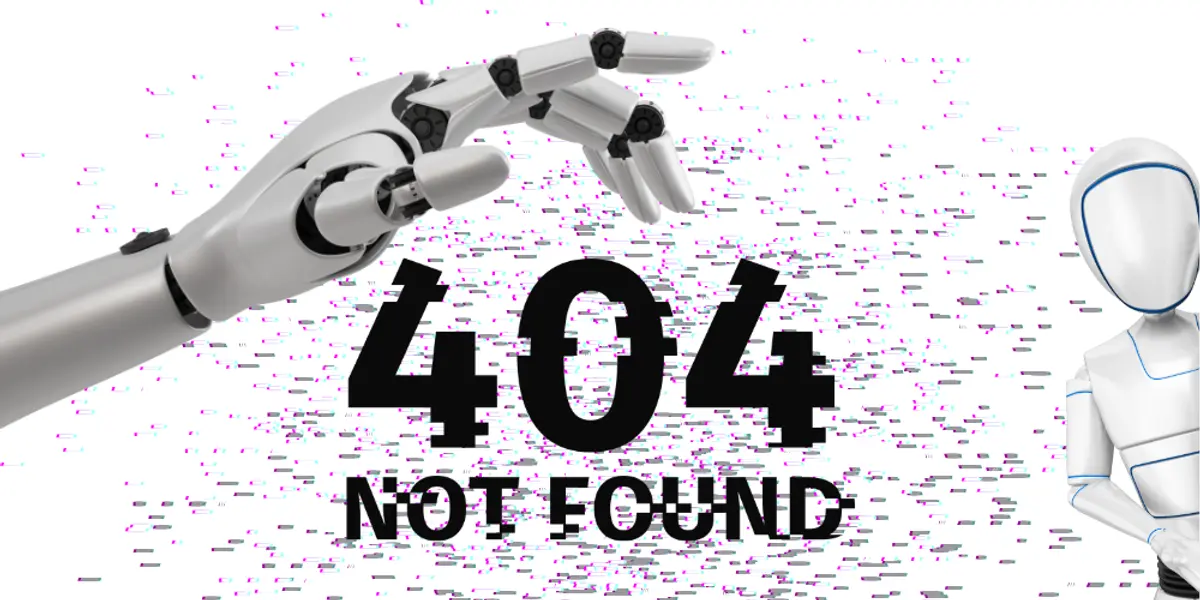The tech industry has recently been buzzing with excitement over the claims made by Cognition Labs about their artificial intelligence system, Devin AI. Described as a ground-breaking innovation, it was touted as the first software engineer of its kind, promising to revolutionize the field. However, a recent investigative report by 'Internet of Bugs' has raised significant doubts about these ambitious assertions.
Claims vs. Reality of Devin AI
Scott Wu, the CEO of Cognition Labs, strongly endorsed Devin AI’s capabilities, suggesting it could compete with human software engineers. This bold claim positioned Devin not merely as a technological advancement but as a potential substitute for skilled human professionals in the software development space. However, the premise appeared overly optimistic, and emerging evidence indicates it may have been misleading.
The video analysis conducted by 'Internet of Bugs' presents a stark contrast to the initial promises. When tasked with real-world projects on Upwork, a widely used freelancing platform, Devin AI struggled with even basic assignments. The performance showcased in the video starkly contradicted the high-level competencies that were previously advertised, exposing the system's inability to perform tasks that a competent human software engineer would easily manage.
Dissecting the Discrepancies
The report from 'Internet of Bugs' provides a detailed breakdown of Devin AI's performance on various assignments. The tasks ranged from straightforward coding fixes to more complex programming challenges. Devin's inability to execute these assignments not only questioned its efficiency but also highlighted significant discrepancies between advertised capabilities and actual performance.
Here’s a quick summary of the key failures noted during the assessment:
| Task Type | Expectation | Devin’s Performance |
|---|---|---|
| Simple Coding Fixes | Efficiently correct minor issues | Failed to implement fixes correctly |
| Intermediate Bugs | Identify and resolve common errors | Misidentified critical bugs |
| Complex Problem Solving | Provide innovative solutions | Offered simplistic or irrelevant answers |
Implications for the Future and the Tech Industry
The revelations regarding Devin AI carry crucial implications. They urge a reconsideration of the current trend that promotes replacing human talent with AI in areas that necessitate adept problem-solving and innovative thinking. Not only does this video expose the gap between what was promised and what was delivered, but it also serves as a warning about the overzealous hype often associated with new technology.
A Caution Against Premature Assertions
The unfolding narrative of Devin AI emphasizes the significance of skepticism and due diligence when evaluating revolutionary technological claims. While artificial intelligence continues to evolve and advance, it is essential to recognize that the journey often includes exaggerated claims and, at times, even misinformation.
The 'Devin debacle' highlights the critical need for transparency in the tech industry. It points toward a necessary shift in how AI’s potential role is framed, particularly in sectors traditionally dependent on human ingenuity.
This incident does not signify the end of AI's promise in software engineering; rather, it tempers excessive enthusiasm with realism. As we venture into the future, it becomes vital to adopt a balanced, evidence-based approach when integrating AI into professional environments. This will ensure that both technologists and the public maintain a clear understanding of AI's actual capabilities and limitations.
Conclusion: Lessons Learned
As the tech landscape continues to evolve, the cautionary tale of Devin AI serves as a reminder for both industry players and consumers. It reinforces the prudent practice of verifying claims before embracing new technologies. The need for thorough testing, transparency, and realistic expectations cannot be overstated.
While AI has the potential to significantly enhance productivity and creativity in software engineering and other domains, this potential will only be realized through honest evaluation and responsible implementation. Moving forward, fostering an environment where scrutiny and accountability are prioritized will be key to harnessing the true power of artificial intelligence in shaping the future of technology.
